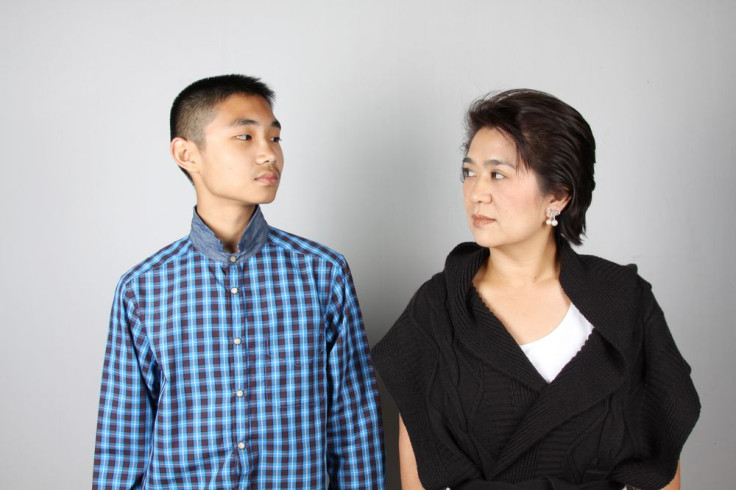Tiger Moms May Help Their Kids Succeed, But It Comes At A Psychological Cost

It’s a mostly true stereotype in the U.S., where children from various backgrounds grow up, that kids from East Asian families tend to be set on a path from an early age toward being a doctor, engineer, or lawyer, among other prominent professions. For the Chinese at least, the so-called tiger mom is the typical mother — strict, controlling, and unsupportive. But while kids who grow up in this type of parental environment are most likely going to succeed, they’re paying for it through emotional strife, a new study finds.
Tiger moms first got attention through Amy Chua’s Battle Hymn of the Tiger Mother, a 2011 book that compared traditional Chinese upbringings to those of the Western kind. Studies have shown that indeed, tiger moms are successful in bringing their kids success. A study from earlier this year, conducted at Queens College of the City University of New York, found that although white and Chinese kids both scored about the same on standardized tests, it was the work ethic instilled in Chinese kids that led them to succeed. That same study, however, found that these kids were also likely to have problems developing relationships, as well as with their own self-image.
The new study finds that these kids will probably also develop psychiatric issues like depression and behavioral problems. “Our research shows that [the] tiger mother type of parenting, specifically controlling, punitive, and less supportive type of parenting, is really not working in this sample of Chinese adolescents,” said Dr. Cixin Wang, lead author of the study and assistant professor at University of California Riverside’s Graduate School of Education, in a press release. “It also shows that it is important for Chinese parents, who tend to be less emotionally expressive and use less praise in parenting, to show love and support for their children.”
For her study, Wang’s team looked at data from a youth survey conducted in Hangzhou, China, involving 589 middle and high school students. The survey asked the students about how they felt their parents acted toward them, as well as about their own emotional health, including self-esteem, adjustment to the school environment, depression, and problem behavior. Similar to the Queens College study, Wang found that kids were able to adjust to school work well, but at the cost of developing symptoms of depression and problems with behavior.
The findings show that there needs to be a balance between pushing our kids to succeed and showing them love — that applies not only to Asian kids, but to every kid out there. For Chinese parents, it seems that their kids suffer either way. Another study from earlier this year found that Chinese children who aren’t able to succeed end up isolating themselves from their community. Not only do they feel like failures, they consider themselves less Chinese, like “the black sheep of their families.”
“I hear Asian parents saying that they are concerned about using too much praise with their children because they were not brought up this way,” Wang said. “In a way, I missed out on getting parental praise and approval. And, in a way, I don’t want a whole generation of Asian kids to miss that really important piece too.”
Source: Wang C, Xia Y, Li W, Wilson S, Bush K, Peterson G. Parenting Behaviors, Adolescent Depressive Symptoms, and Problem Behavior: The Role of Self-Esteem and School Adjustment Difficulties Among Chinese Adolescents. Journal of Family Issues. 2014.



























